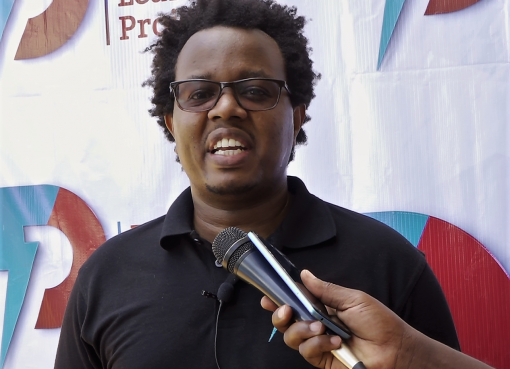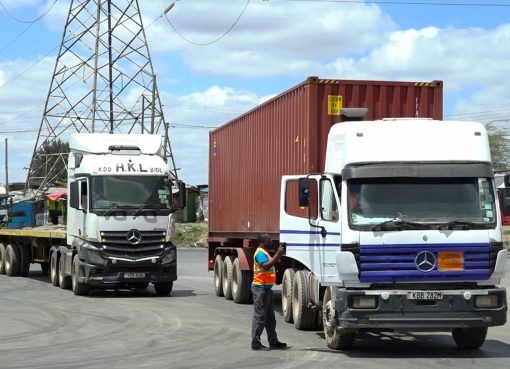Farmers in Chonyi rely on the April- July long rain season every year, a trend that agricultural experts have noted is posing challenges in boosting food production in the era of climate change.
Farmers in the region have the culture of relying on only one season and never make any effort to cultivate and plant crops during the October-December short rains for fear that their crops might fail to mature owing to inadequacy of precipitation.
A Chonyi Agriculture and Livestock expert, Dr. Sylus Mzungu said farmers in the area have for many years been depending on the long rains for farming activities and ignore cultivating the same during the October short rains for fear that they could end up by not harvest anything.
He told KNA in Mwarakaya after a tour of hundreds of acres of uncultivated farms in Mitangoni, Ngamani and Ngombeni areas that the trend has caused unnecessary food deficits among many families in the area.
Dr. Mzungu warned that weather changes being experienced now as a result of climate change could frustrate many farmers since the rains come when they are not expected, a situation being witnessed now since many parts in the area did not receive adequate rains to raise food crops during the April- July long rains.
“We need to change our culture after seeing the short rains coming earlier in the month of September. Those farmers who had prepared their farms earlier could achieve a bumper harvest during the short rains than the long rain season,” he said.
Dr. Mzungu urged the farmers to embrace the cultivation and planting of crops during the two seasons in a year, explaining that due to weather changes, they cannot tell which season crops are likely to do well than the other.
He said crops planted during the October rains are also unlikely to face pests and diseases due to warm temperatures unlike during the April rains.
Responding to the sentiments, a prominent farmer in the area, Edson Chigunda said most farmers planted maize along with cassava during the April- July long rains and hence cannot cultivate their farms during the short rains due to the existing cassava.
“We cannot use our tractors to cultivate our farms during the short rains as doing so could damage our growing cassava which matures before the next April rains. It is this cassava that we harvest and sell to raise funds which we use to cultivate during the next season,” he said.
He said a few farmers cultivate and plant maize during the short rains but do so only in those farms where they did not plant cassava revealing that the farmers need to be sensitized to be reserving part of their farms for use during the short rains.
By Harrison Yeri




